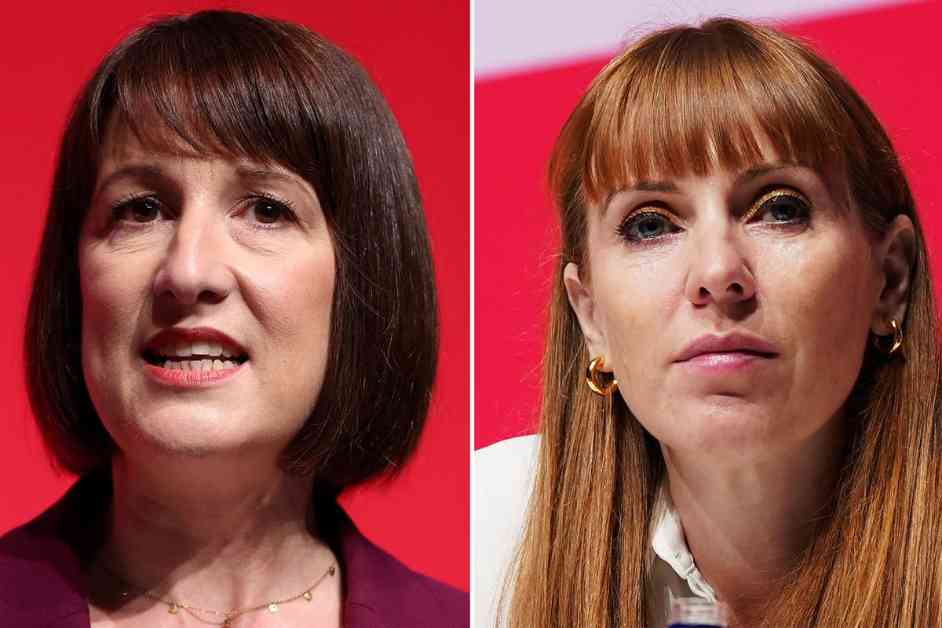Rachel Reeves is set to announce Labour’s first Budget since taking office on 30 October, in one of the most anticipated fiscal events in over two decades. Leading up to her announcement, government borrowing has increased to £16.6 billion last month, making it the third-highest September borrowing since records began, according to the Office for National Statistics (ONS). This has brought the year-to-date borrowing to £79.6 billion, which is £6.7 billion more than forecast by the Office for Budget Responsibility.
The public finance figures may not be well-received by the chancellor, but official sources have indicated that they highlight the need for fiscal prudence in the upcoming Budget. Treasury Chief Secretary Darren Jones has mentioned that the state of public finances will require “difficult decisions” to be made. Additionally, reports show that spending on benefits has decreased to a two-year low, dropping by £2 billion to £25.7 billion. This reduction is attributed to the scaling back of winter fuel payments and the elimination of cost-of-living payments. The government still plans to reduce welfare spending by £3 billion annually.
In light of the upcoming Budget, there have been discussions surrounding potential changes to pension tax relief. Currently, the amount of tax relief on private pensions is based on income tax, with relief canceling out tax on contributions up to a maximum of £60,000. There is speculation that the chancellor is considering a flat 30% pension tax relief rate, which could result in higher earners paying 10% in tax, while those in the additional rate bracket would pay 15%. This measure is estimated to raise around £3 billion per year, with 7 million earners paying more tax. However, it could benefit basic rate earners who would receive a 10% boost to their pension contributions.
Moreover, there have been calls to fund an Iron Dome-style missile defense system in the UK to safeguard against potential threats, with former ministers emphasizing the importance of addressing this capability gap. Additionally, concerns have been raised about the potential impact of raising employer national insurance contributions, with debates ongoing about the implications for working individuals. The government’s stance on this measure in relation to its manifesto pledge has sparked controversy, with differing views on whether it would constitute a breach.
As the Budget approaches, there are various economic challenges and spending decisions that Labour must navigate, including addressing public service struggles, fulfilling financial commitments, and closing funding gaps. The wider economic implications of policy decisions, such as the two-child limit and benefit cap, are also under scrutiny, with calls for a deeper consideration of the potential consequences on poverty levels and economic gains.
Overall, the upcoming Budget announcement by Rachel Reeves is poised to set the tone for Labour’s economic agenda and fiscal priorities, with a focus on navigating complex financial landscapes and addressing critical policy areas to drive economic stability and growth.












